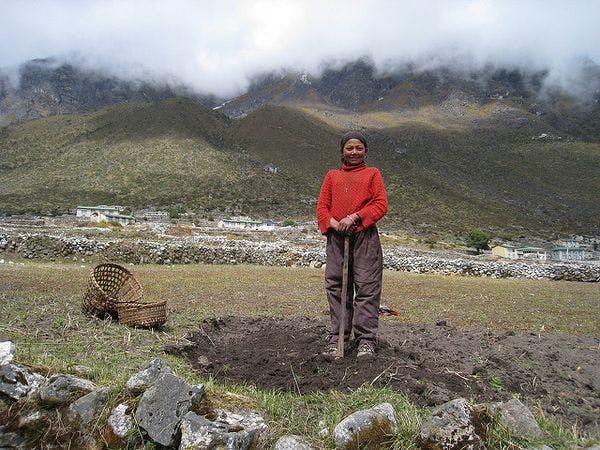CC Bob Webster
Finland and Germany support UNODC programme that helps Myanmar farmers shift from opium production to coffee cultivation
4 December 2018 - Finland, Germany and the United Nations Office on Drugs and Crime (UNODC) Myanmar Country Programme have signed agreements for a total of 6.1 million euro to extend the alternative development programme which provides farmers in drug-crop growing areas with viable alternatives to producing illicit crops. The programme runs in Southern Shan State Myanmar and will be extended for a second phase until December 2022.
In 2012, the Government of Myanmar requested UNODC to support the implementation of a cease-fire arrangement between the Government and some Ethnic Armed Groups through the provision of alternative development projects in South Shan State, which accounts for 90 per cent of the opium poppy cultivation in Myanmar. These projects can help the cease-fire by both reducing illicit drugs that fuel and finance conflict, and by enabling farmers to secure their livelihoods by legal means, such as planting licit crops such as coffee.
In South Shan State the first coffee was planted in 2014 and since then, the alternative development programme in Myanmar achieved significant results. UNODC now works with farmers in 55 villages, implementing a long-term strategy that involves supporting the shift from opium production to high-value permanent and sustainable cash crops, while respecting the environment and promoting gender equality.
Topics
Regions
Related Profiles
- United Nations Office on Drugs and Crime (UNODC)
